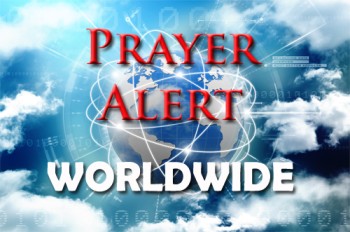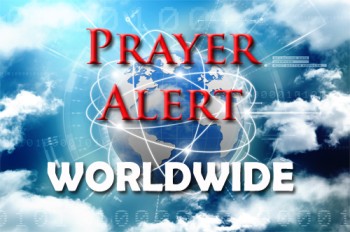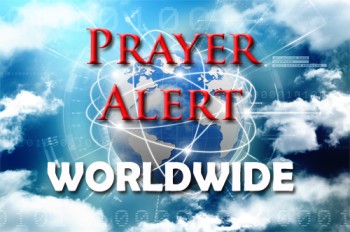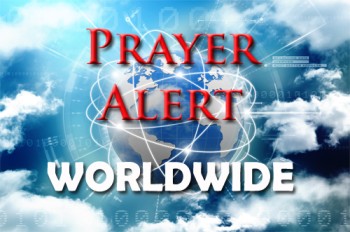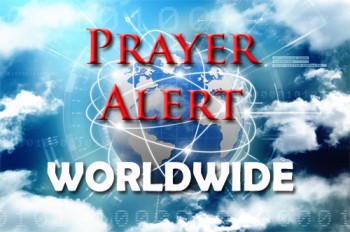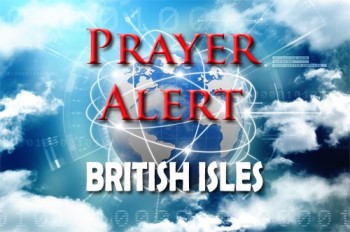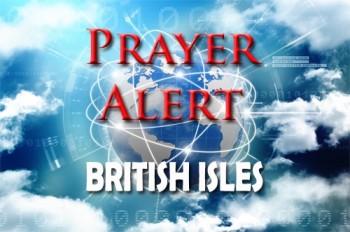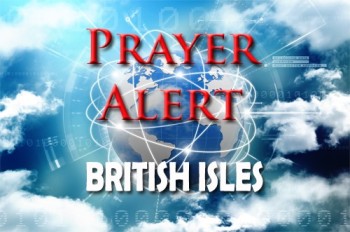Gaza: US says Israel has not violated its laws about blocking aid
The USA has stated that Israel has not violated laws regarding the blocking of aid to Gaza, even though a thirty-day deadline for increased humanitarian access has passed without full implementation. While acknowledging that Israel has made some progress, such as opening a new land crossing and resuming aid deliveries in northern Gaza, the USA says that further improvements are necessary. However, the UN reports that aid into Gaza is at its lowest level in a year, with the humanitarian situation growing increasingly dire, particularly in northern Gaza, where famine is imminent. The UN calls the ongoing Israeli blockade a violation of international law and a humanitarian crisis. Humanitarian groups report that conditions in Gaza have worsened, and aid is still being obstructed. Meanwhile, more people have died following further exchanges of airstrikes between Israel and Hezbollah: see
COP29: more finance needed, Africa suffering
On the second day of COP29 in Baku, UN secretary-general Antonio Guterres called on industrialised nations to fulfil their commitments in financing climate adaptation, emphasising the importance of doubling funds to $40 billion annually by 2025 and contributing meaningfully to the new Loss and Damage fund. Highlighting the gap between pledges and actual needs, he warned that unfulfilled promises equate to lost lives and hindered development. Although international adaptation finance to developing nations rose to $28 billion in 2022, the Glasgow Climate Pact target will only marginally reduce a $187 to 359 billion yearly adaptation gap. Africa, particularly vulnerable to climate impacts, sees minimal benefit from renewable energy growth, representing only 0.5% of global deployment last year. African leaders have stressed the urgent need for innovative funding to drive green industries, create jobs, and bolster resilience. With climate impacts consuming up to 9% of African budgets, equitable financing is critical to building sustainable economies and empowering youth.
Pakistan / India: dreadful levels of smog
Record-breaking smog is blanketing eastern Pakistan and northern India, creating hazardous conditions which are even visible in satellite images. A dense haze stretches from Pakistan’s Punjab province to India, impacting tens of millions. Lahore’s air quality index hit a hazardous 1,200, far exceeding the danger threshold of 300. The fine pollutant PM2.5, linked to serious health risks, registered 110 times over safe levels. Hospitals are overwhelmed, with over 30,000 cases of respiratory issues reported. Schools, government offices, and public spaces have been closed for a week. Children are particularly vulnerable, as UNICEF warns that over 11 million under-fives are exposed to toxic air. Authorities are urging cooperation with India to address this cross-border crisis. The climate crisis and reliance on fossil fuels compound the issue, contributing to deadly pollution worldwide.
Haiti: airport closed, new prime minister, gang violence
Haiti’s international airport has closed for the second time this year after suspected gang gunfire struck two US passenger planes. The UN has also paused helicopter landings, while the US embassy has warned citizens to avoid travel within the country due to unpredictable violence. Haiti’s instability, driven by rampant gang violence, has displaced over 700,000 people and claimed nearly 4,000 lives this year. Further evidence of the country’s fragility came with the ousting on 11 November of interim prime minister Garry Conille, who has been replaced by businessman Alix Didier Fils-Aimé. Many key transportation routes remain under the control of gangs who regularly kidnap bus passengers and truck drivers: many Port-au-Prince residents have no safe way out of the city. In October almost a hundred people were killed in a massacre by gang members sixty miles from the capital.

